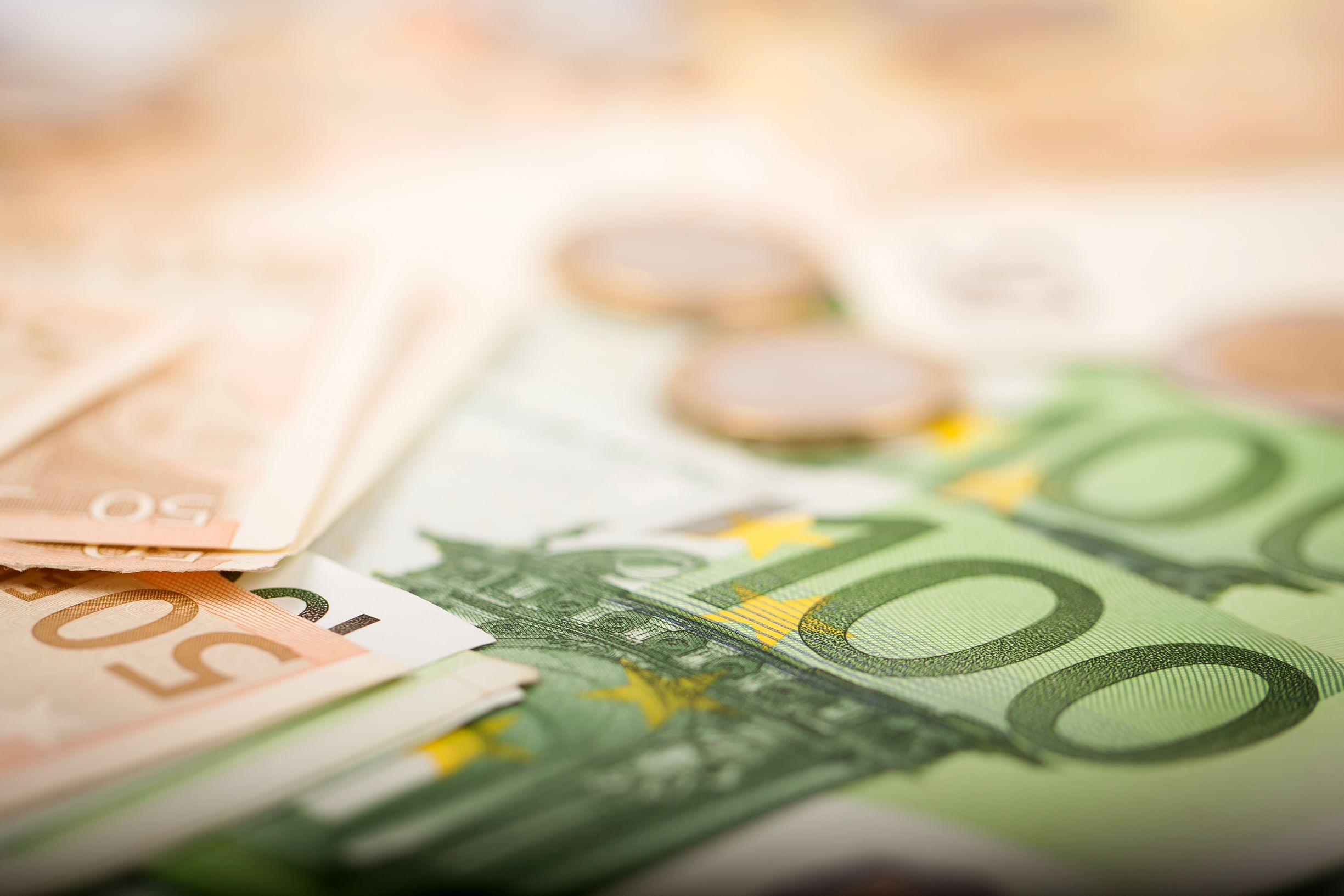Opponents of nuclear power are fond of claiming that nuclear power is simply “too expensive.” But studies that are supposed to prove this thesis do not stand up to scientific scrutiny. Our CFO Björn Peters has examined the latest paper from the Forum Ecosocial Market Economy (FÖS) on the social costs of nuclear power. His verdict: junk science.
When Greenpeace commissions a study on the costs of nuclear power from a player in the eco-scene, the result is actually clear: nuclear power will appear as expensive and useless as possible in it. If it is delivered as desired, one has an apparently independent source that can be conveniently quoted. Journalists are also happy about this.
The catch: if someone does get the idea to do the math, it becomes embarrassing. This was the case recently with the study “Societal Costs of Nuclear Power in Germany,” in which the Forum for Ecosocial Market Economy (FÖS) calculated the societal costs of nuclear power on behalf of Greenpeace. The result is a dizzying sum of one trillion (1000 billion) euros.
Björn Peters, a physicist and expert on power plant financing, and his co-author Hans Peter Musahl, a lawyer and tax consultant, reviewed the study and found: The amount only comes about because the FÖS makes the most adventurous assumptions and throws professional principles overboard. Exemplary for the tricks with which the FÖS makes nuclear power expensive are the insurance and provision tricks.
No one has to pay tax on provisions
For example, the FÖS claims that taxpayers have been missing out on revenue for decades – by not taxing the capital that power plant operators had set aside for the dismantling of their plants. This is preposterous because: Every company, regardless of whether it operates nuclear power plants, wind power or other facilities, is required by law to take care of dismantling itself and to set aside provisions for this purpose. These provisions are basically debts on the balance sheet and therefore do not have to be taxed – by anyone. Why the FÖS believes that the operators of nuclear power plants must make an exception here remains its secret. In any case, at this point it constructs costs in the form of lost revenues of €68 billion – out of sheer nothingness.
Myth: “Nuclear power plants are not insurable”
So what drove the cost of €150 billion to a trillion within 10 years, between the first and second FÖS investigations? For the most part, it goes back to a trick intended to represent the fictitious costs of nuclear accidents. The authors arbitrarily claim a damage sum of 348 to 533 billion euros, which is not covered by insurance. In the event of damage, therefore, society would have to be liable for this sum. This is grossly misleading, because this amount would cover several Chernobyl events at once. In fact, however, such events cannot occur at all in German nuclear power plants due to their design. The worst that could happen here – with a very low probability – would be a core meltdown with destruction of the reactor core. Radioactivity would not escape, however, thanks to the containment.
Of course, all German nuclear power plants are and were insured at all times – against all technically conceivable damage. But not against physically impossible damage, which is simply claimed. The insurance premiums are therefore in the low double-digit millions per power plant and year. They are included in the price of electricity.
Nuclear power has a high social benefit
Peters and Musahl impressively show how the FÖS ignores basic knowledge of economics and business administration, environmental economics, energy economics and nuclear technology when it serves the higher purpose of making nuclear power appear as expensive and useless as possible.
Speaking of the higher purpose, the FÖS of course does not mention the benefits of nuclear power. If our nuclear power had been generated by coal from the 1950s to today, there would have been about 137,000 premature deaths from air pollution in Germany as a result.
Nuclear power has saved many millions of tons of air pollutants and CO₂ for many decades. At the same time, it has depressed average exchange prices for electricity. If you want, you can convert that into money: The social benefit of nuclear energy is then in the high triple-digit billions, between 400 and 800 billion euros.
Here is the review in the magazine atw in German. This text was published first at Nukearia e.V.
Foto: © Marco Scisetti / Adobestock


